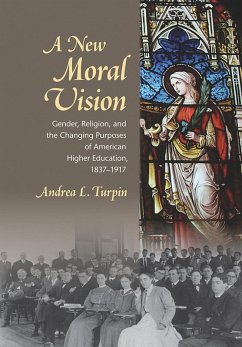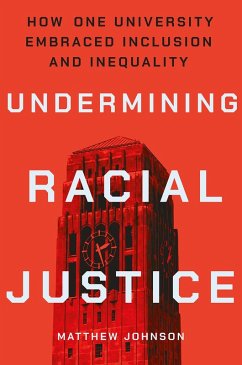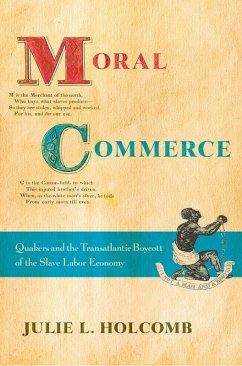In A New Moral Vision, Andrea L. Turpin explores how the entrance of women into U.S. colleges and universities shaped changing ideas about the moral and religious purposes of higher education in unexpected ways, and in turn profoundly shaped American culture. In the decades before the Civil War, evangelical Protestantism provided the main impetus for opening the highest levels of American education to women. Between the Civil War and World War I, however, shifting theological beliefs, a growing cultural pluralism, and a new emphasis on university research led educators to reevaluate how colleges should inculcate an ethical outlook in students-just as the proportion of female collegians swelled.
In this environment, Turpin argues, educational leaders articulated a new moral vision for their institutions by positioning them within the new landscape of competing men's, women's, and coeducational colleges and universities. In place of fostering evangelical conversion, religiously liberal educators sought to foster in students a surprisingly more gendered ideal of character and service than had earlier evangelical educators. Because of this moral reorientation, the widespread entrance of women into higher education did not shift the social order in as egalitarian a direction as we might expect. Instead, college graduates-who formed a disproportionate number of the leaders and reformers of the Progressive Era-contributed to the creation of separate male and female cultures within Progressive Era public life and beyond.
Drawing on extensive archival research at ten trend-setting men's, women's, and coeducational colleges and universities, A New Moral Vision illuminates the historical intersection of gender ideals, religious beliefs, educational theories, and social change in ways that offer insight into the nature-and cultural consequences-of the moral messages communicated by institutions of higher education today.
In this environment, Turpin argues, educational leaders articulated a new moral vision for their institutions by positioning them within the new landscape of competing men's, women's, and coeducational colleges and universities. In place of fostering evangelical conversion, religiously liberal educators sought to foster in students a surprisingly more gendered ideal of character and service than had earlier evangelical educators. Because of this moral reorientation, the widespread entrance of women into higher education did not shift the social order in as egalitarian a direction as we might expect. Instead, college graduates-who formed a disproportionate number of the leaders and reformers of the Progressive Era-contributed to the creation of separate male and female cultures within Progressive Era public life and beyond.
Drawing on extensive archival research at ten trend-setting men's, women's, and coeducational colleges and universities, A New Moral Vision illuminates the historical intersection of gender ideals, religious beliefs, educational theories, and social change in ways that offer insight into the nature-and cultural consequences-of the moral messages communicated by institutions of higher education today.
Dieser Download kann aus rechtlichen Gründen nur mit Rechnungsadresse in A, D ausgeliefert werden.









